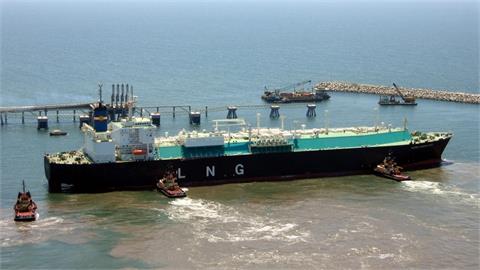Statoil is examining whether to delay development of its Johan Castberg project in the Norwegian Arctic as it takes a hard look at capital spending after crude prices fell more than 50 per cent.
Eldar Sætre, the Statoil veteran who on Wednesday took over as chief executive from Helge Lund — after he resigned to become the top manager at BG Group — told the Financial Times the state-controlled company needed "to take the time that is necessary to come up with a project that is as good as possible.
"There could be a delay of Johan Castberg. That discussion is ongoing and depends on . . . what kind of potential there is to improve the project. I don’t exclude a delay.”
The new chief executive cited Castberg, a costly initiative because of the Arctic’s hostile conditions and lack of infrastructure, as an example of how the group could make savings and boost long-term profitability by postponing projects.
Analysts have pointed to the Arctic as an area which oil companies could retreat from as they try to cut exploration costs, notwithstanding Lundin Petroleum’s decision to continue to drill this year.
Lying in waters nearly 400 metres deep in the Barents Sea, Castberg is estimated to hold 400m-600m barrels of oil, making it the region’s most significant discovery.
Statoil said last month it was working to make a decision by the summer on how to develop the field. But one industry executive said that decision was likely to be delayed by a year.
Mr Sætre declined to comment on Statoil’s capital spending this year before Friday’s fourth-quarter results, but said the group had to prepare itself for a prolonged period of low oil prices and cut its "break-even” costs.
"You have to make up your mind as to what kind of projects are good enough and make sure you actually don’t spend money where you shouldn’t be. Prioritisation is essential,” he said.
Mr Sætre, 59, has been acting president and chief executive of Statoil since October and assumes the permanent role with immediate effect. He has 35 years’ experience at the group, including as chief finance officer from 2003 to 2010.
Svein Rennemo, Statoil’s chairman, said Mr Sætre "was our first choice” as chief executive even though he said he did not want the job permanently when he assumed the role while the board searched for Mr Lund’s long-term replacement.
"We are glad he changed his mind,” Mr Rennemo said.
Mr Sætre, who is Norwegian, said Statoil, one of Europe’s top six oil groups, was "well positioned for the future”.
"The fall in oil prices has been bigger than we had foreseen, and it’s hard to say how long it will last,” he told reporters in Oslo. "We think it will recover a little from these levels, but we are fundamentally uncertain about how long they will stay subdued.”
His annual salary will be NKr7.7m ($1.02m), of which NKr5.7m will be
pensionable income. The company said he would keep his existing pension
agreement, which allows him to retire at 62.
(Financial
Times)



